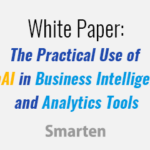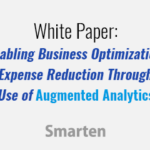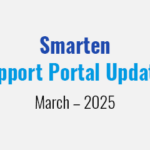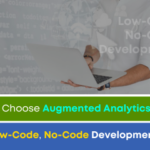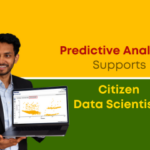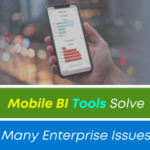NLP Search Analytics Ensures User Adoption!
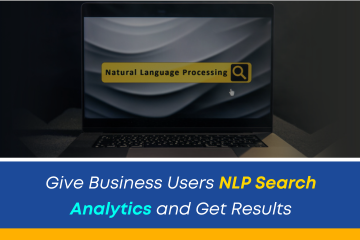
These days, most people understand the term Natural Language Processing (NLP). It has been around a while, and represents perhaps the most significant information tool in the past century.
Machine Learning and Natural Language Processing (NLP) have unlocked a vast library of knowledge, making it accessible to the average person, requiring no significant technical skills, and leveling the playing field for millions of people, seeking to learn and understand the world.
‘NLP search technology significantly simplifies the user experience and encourages team members to learn and incorporate augmented analytics into their daily activities.’
Just a few years ago, Gartner predicted that, ‘50% of analytical queries will be generated via search, NLP or voice, or will be automatically generated.’ Today, this prediction is a reality.
When an enterprise wishes to implement augmented analytics and business intelligence, and make these tools available to its business user community, it must select a solution that uses natural language processing (NLP) search capabilities to allow business users with average technical skills to gather and analyze data and achieve results. Without these simple tools, the enterprise cannot ensure user adoption of the solution.
Natural Language Processing Search Analytics (NLP) is crucial component to search analytics in that it allows business users to perform complex searches without endless clicks, coded queries, or complex navigation and commands. Users can access and view clear, concise answers and analysis quickly and easily, leveraging a familiar Google-type interface to compose and enter a question using common language.
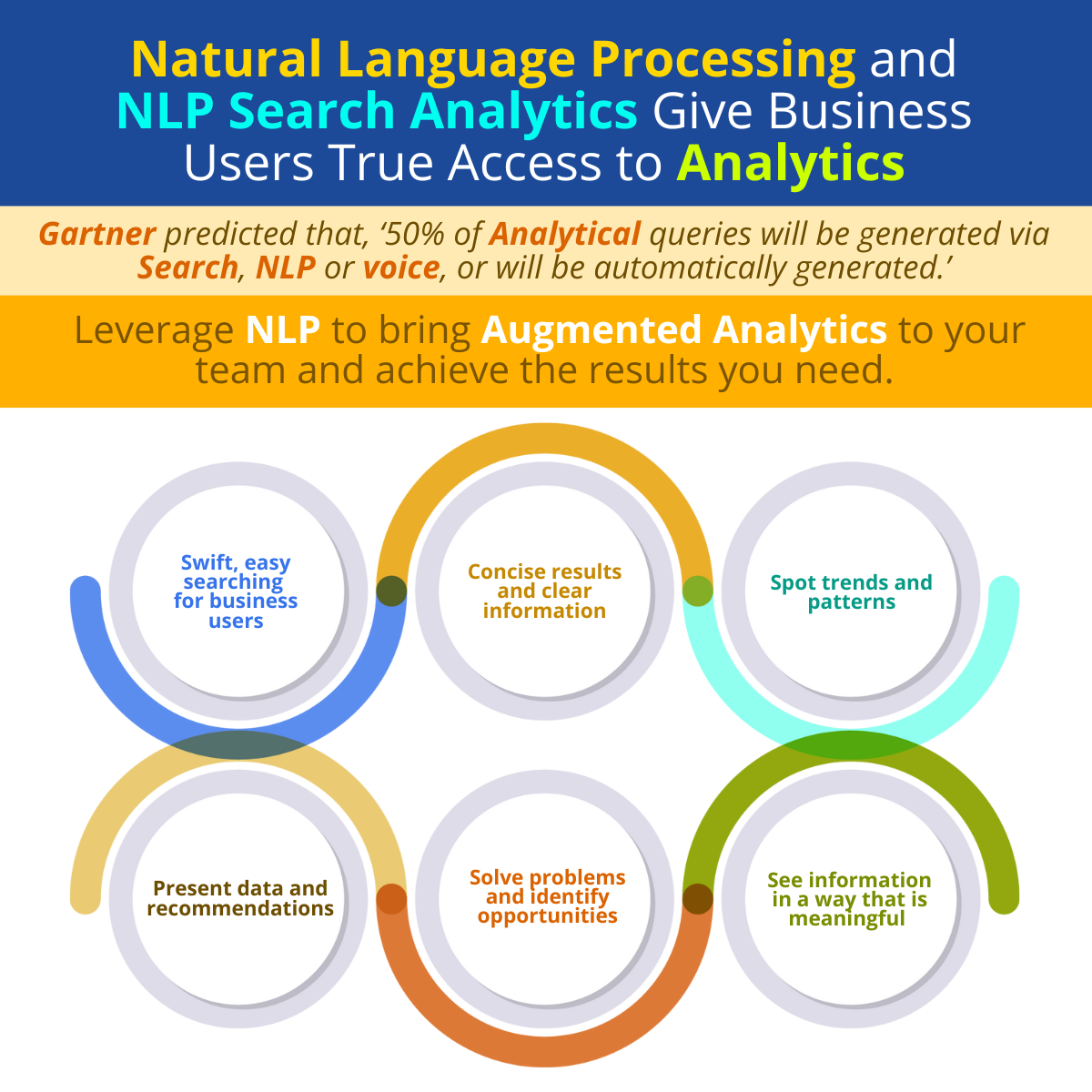
When you choose Augmented Analytics with machine learning and natural language processing (NLP), your users can enjoy a self-serve environment that is easy and intuitive, and will increase user adoption, data democratization, and return on investment (ROI).
NLP search technology significantly simplifies the user experience and encourages team members to learn and incorporate augmented analytics into their daily activities. Finding information is easy! Let’s suppose a team member wants to understand the trends in regional bakery sales. With NLP, the user can simply ask, ‘how many bakery products were sold in the Southwest and Southeast regions in 2023?’
Natural Language Processing (NLP) and search capability allows users to avoid scrolling through menus and navigation. The user only has to enter a simply worded search query, and the system will translate the query, and return the results in natural language using an appropriate form, e.g., visualization, tables, numbers or descriptions. There is no advanced training required. Users can analyze data and receive results in a way that is meaningful to them.
The benefits of augmented analytics using natural language processing (NLP) enable swift, easy searching and allows business users to create context-rich searches that provide in-depth information and concise results and can be used to solve problems, identify opportunities, spot trends and patterns and present data and recommendations. There is no need to request reports or information from IT, business analysts or data scientists. The business user has the tools and the capability to get results when and how they need the information.
‘Just a few years ago, Gartner predicted that, ‘50% of analytical queries will be generated via search, NLP or voice, or will be automatically generated.’ Today, this prediction is a reality.’
To find out more about Natural Language Processing (NLP), Machine Learning and NLP Search Analytics, Contact Us. Discover the power of Augmented Analytics, Machine Learning, and Natural Language Processing (NLP). Read our free article, ‘Why is Natural Language Processing Important to Enterprise Analytics?’



